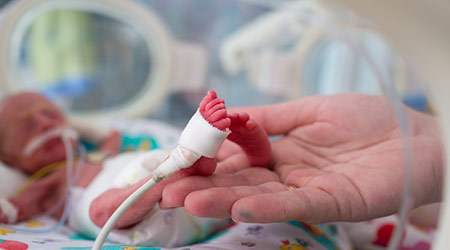Two more premature infants who were in the neonatal intensive care unit at the state's only public hospital have died after being infected in a bacterial outbreak, according to an article on the northjersey.com website.
The infants were infected six weeks ago at University Hospital in Newark and died last week, but the state Health Department said it was not notified of the deaths until Monday.
They bring the total deaths to three in an outbreak that has infected four babies with Acinetobacter baumanii. The infants had many health problems due to being premature, and the bacterial infection may not have been the cause of death, the department said.
The delay in notifying state officials of the deaths prompted the department to send an inspection team to Newark.

 Design Plays a Role in the Future of Healthcare
Design Plays a Role in the Future of Healthcare Cedar Hill Regional Medical Center GW Health Officially Opens
Cedar Hill Regional Medical Center GW Health Officially Opens Designing Healthcare Facilities for Pediatric and Geriatric Populations
Designing Healthcare Facilities for Pediatric and Geriatric Populations Kaiser Permanente Announces New Hospital Tower at Sunnyside Medical Center
Kaiser Permanente Announces New Hospital Tower at Sunnyside Medical Center Building Disaster Resilience Through Collaboration
Building Disaster Resilience Through Collaboration